During his recent visit to Brazil, Argentine President Alberto Fernández stressed that Brazil’s support is of particular importance to Argentina and is an important step in strengthening the Southern Common Market (MERCOSUR). Brazil’s pledges of support to Argentina help strengthen bilateral relations and strengthen cooperation to promote regional integration.
Argentine President Alberto Fernandez shakes hands with Brazilian President Luiz Inacio Lula da Silva after their meeting at the Alvorada Palace in Brasilia, Brazil, May 2, 2023. Photo: REUTERS
Speaking after talks with President Fernández, who is visiting Brazil, on May 2, Brazilian President Luiz Inácio Lula da Silva stressed that he will do everything to help Argentina in this difficult time. He pledged to his Argentine counterpart Alberto Fernández that Brasilia will provide maximum support to Buenos Aires in debt restructuring negotiations with the International Monetary Fund (IMF).
The leader of Latin America's largest nation also announced that he would discuss with partners in the BRICS group of leading emerging economies (Brazil, China, Russia, India and South Africa) to come up with support measures for Argentina, and planned to discuss this issue with the IMF.
During the four-hour meeting at the Brazilian presidential palace, the two leaders focused on discussing measures to boost bilateral trade, which has been hit hard recently by the macroeconomic problems Argentina is facing, including foreign currency shortages, high inflation and prolonged drought.
Among the initiatives discussed, the two leaders were interested in using local currencies in bilateral trade transactions, thereby helping Brazil reduce financial risks due to fluctuations in the USD exchange rate, while helping Argentina increase its foreign currency reserves.
| The two South American countries are moving toward deeper economic integration, including the development of a common currency. |
The two South American countries are moving toward greater economic integration, including the development of a common currency. In meetings earlier this year, the leaders of Brazil and Argentina set goals to overcome barriers to trade, simplify and modernize regulations, and encourage the use of local currencies.
In particular, the two leaders also agreed to promote discussions on a common South American currency that could be used for both finance and trade, thereby helping to reduce operating costs and limit other external obstacles. The plan to build a common currency between the two countries that Brazil proposed is called the "sur" - meaning south.
The two countries’ leaders hope the creation of the currency can boost regional trade and reduce dependence on the US dollar. Initially a bilateral project, the initiative is expected to expand to other Latin American countries.
Brazil and Argentina are currently working to build a peaceful relationship and develop together, while affirming that both countries have reached a number of agreements on defense, health , science, technology and innovation, as well as financial integration.
Brazilian companies are interested in the $3 billion gas pipeline named after the late President Néstor Kirchner, the most important natural gas pipeline in neighboring Argentina in 40 years. Brazil's National Development Bank (BNDES) has decided to invest $689 million in the second phase of the Néstor Kirchner project, which will transport gas from the Vaca Muerta field in southern Argentina's Neuquén province, one of the world's largest unconventional oil and gas reserves.
Increased bilateral cooperation would facilitate Brazil and Argentina to advance regional integration efforts as both countries look to return to the Union of South American Nations (UNASUR), an intergovernmental regional organization created in 2008.
The two countries also committed to strengthening MERCOSUR, in the context of the bloc's need to further promote trade within and outside the bloc, in which MERCOSUR products play an important role in the world market, especially when the conflict in Ukraine has a significant impact on the global production chain.
MERCOSUR was established in 1991 and currently has 5 official members: Brazil, Argentina, Uruguay, Venezuela and Paraguay. |
MERCOSUR was established in 1991 and currently has five official members: Brazil, Argentina, Uruguay, Venezuela and Paraguay. It is one of the leading production centers for food, raw materials and energy, and is also a potential market with more than 280 million consumers.
Further promoting cooperation and integration programs in Latin America through mechanisms such as the Community of Latin American and Caribbean States (CELAC), reviving UNASUR and creating consensus in the common policies of the MERCOSUR bloc are the goals that both Brazil and Argentina are aiming for. In the context of the current volatile world situation, strengthening cooperation and promoting regional integration will contribute to promoting internal strength for sustainable development.
According to Nhan Dan
Source link


![[PHOTO] Hanoi fences off demolition of "Shark Jaws" building](https://vphoto.vietnam.vn/thumb/1200x675/vietnam/resource/IMAGE/2025/5/25/1b42fe53b9574eb88f9eafd9642b5b45)
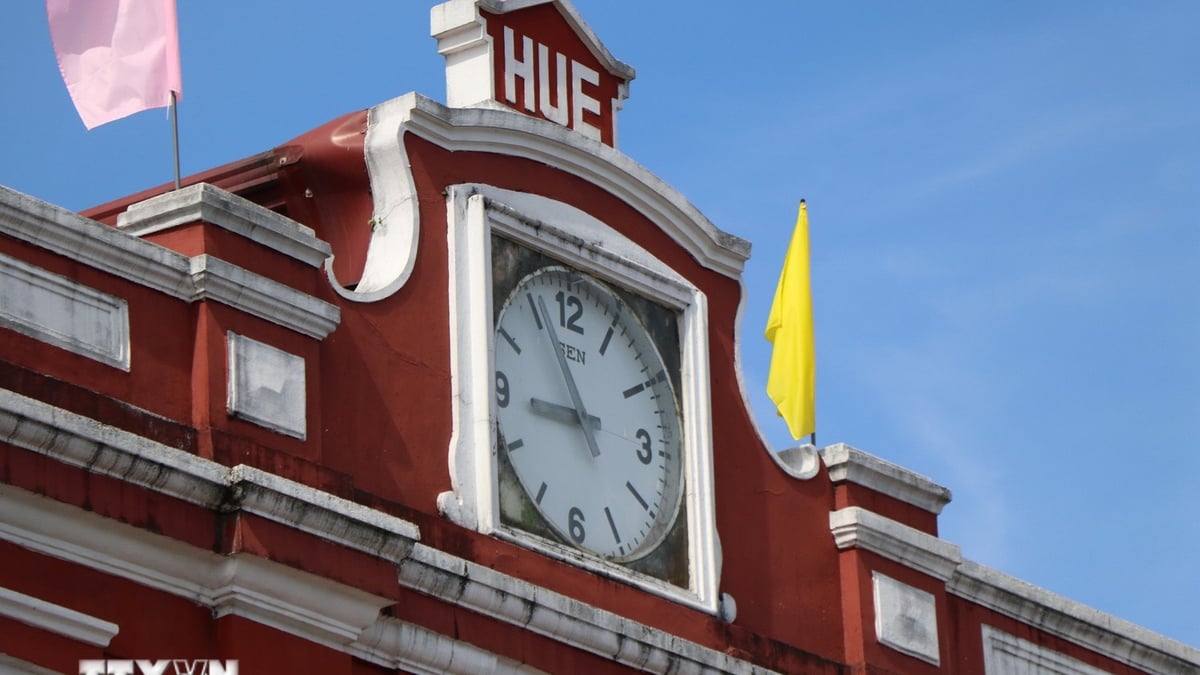
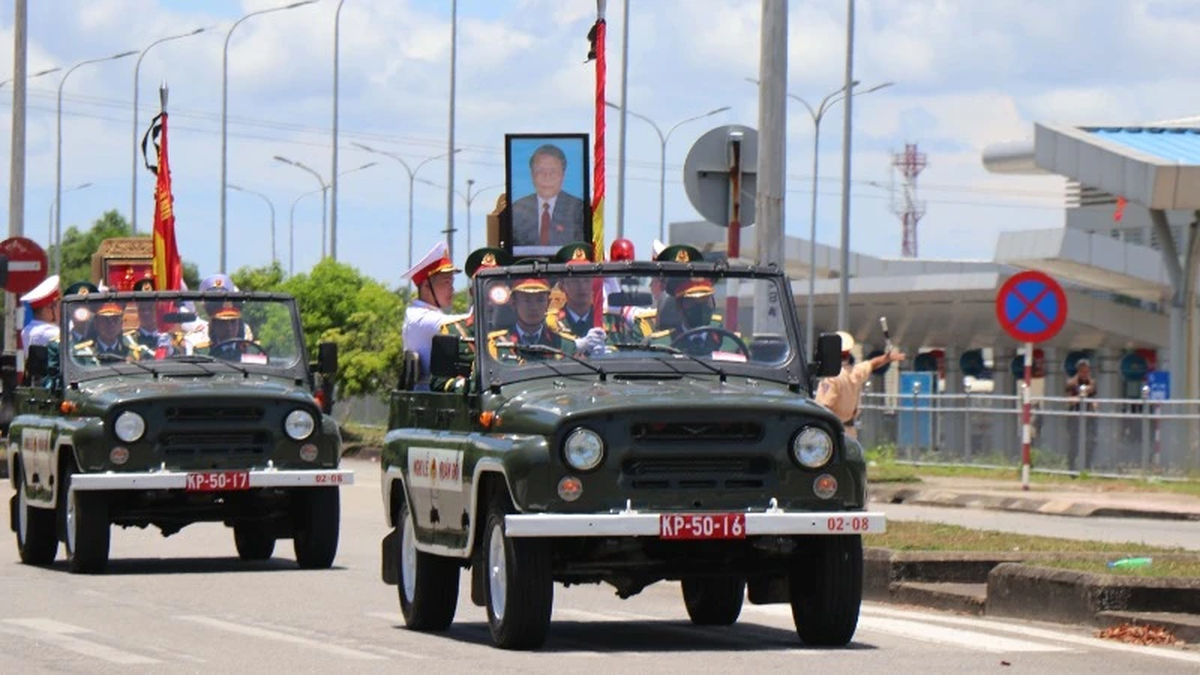
![[Photo] Funeral of former President Tran Duc Luong in Quang Ngai](https://vphoto.vietnam.vn/thumb/1200x675/vietnam/resource/IMAGE/2025/5/25/ccf19a3d8ea7450bb9afe81731b80995)
![[Photo] Welcoming ceremony for Prime Minister Pham Minh Chinh and his wife on an official visit to Malaysia](https://vphoto.vietnam.vn/thumb/1200x675/vietnam/resource/IMAGE/2025/5/25/dc30203c3ae24da3990266ec3b29bb2d)

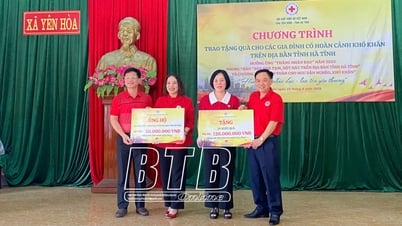
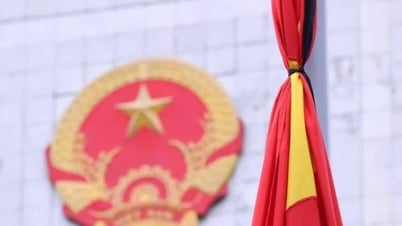
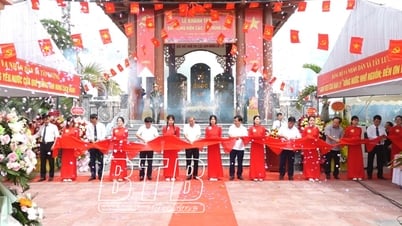
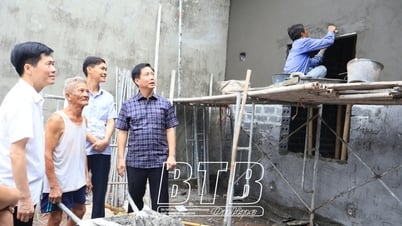
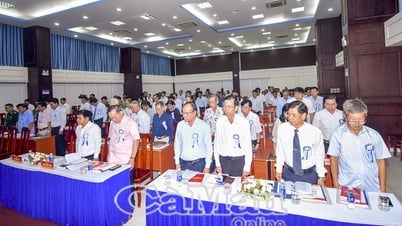
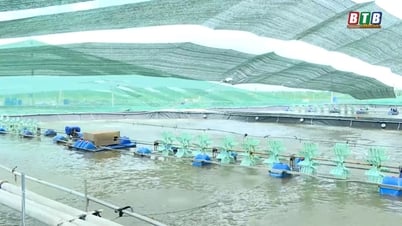




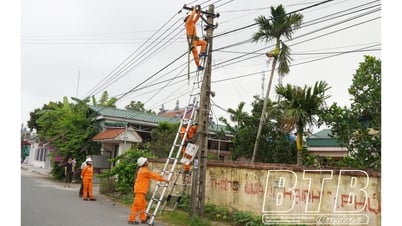
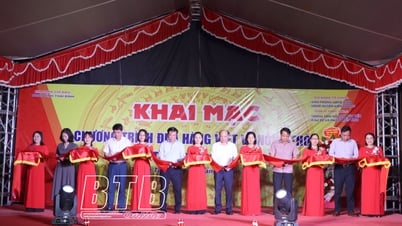

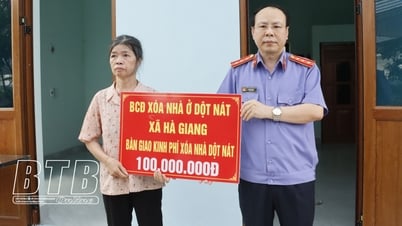
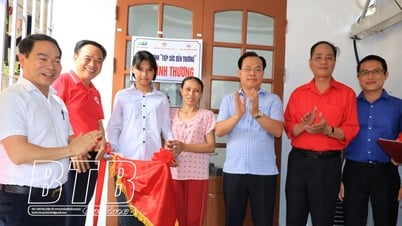
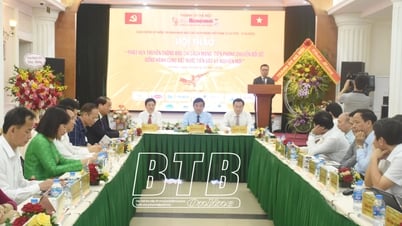
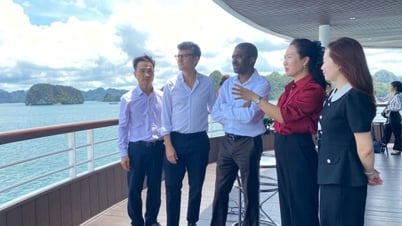

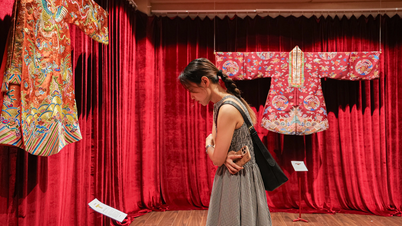





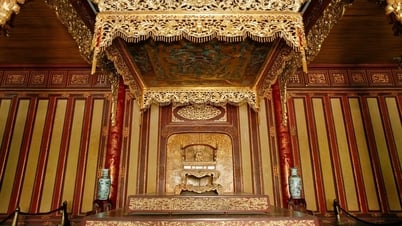



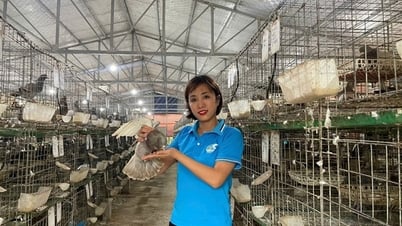

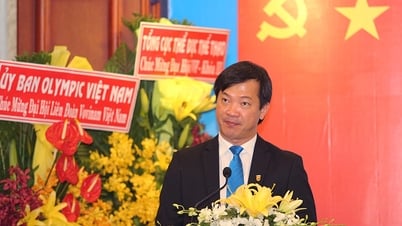















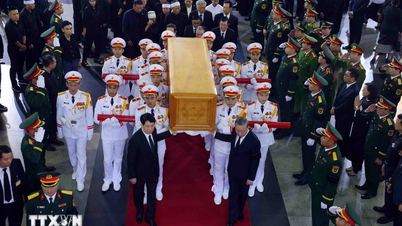
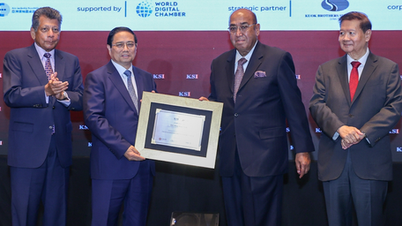
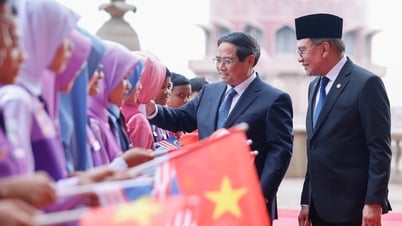
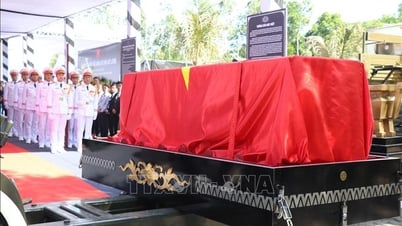



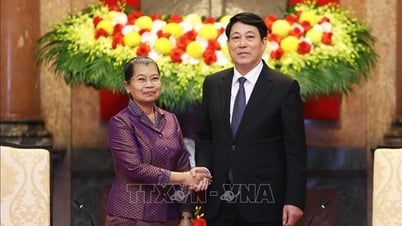

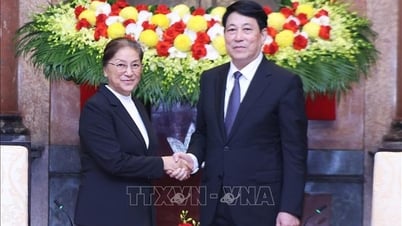





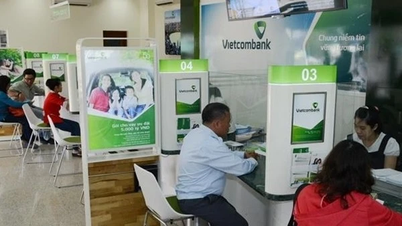

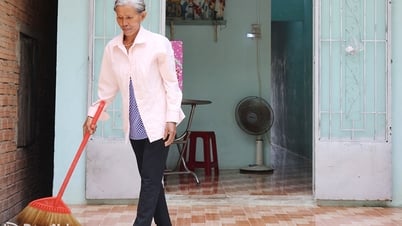

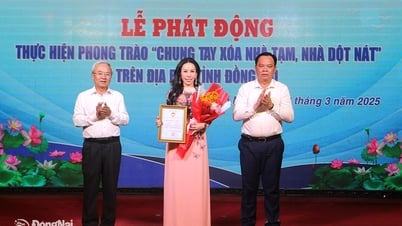
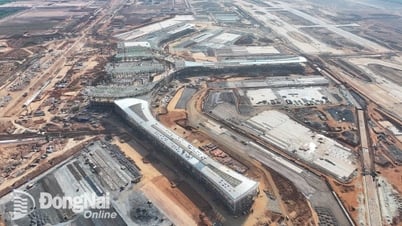
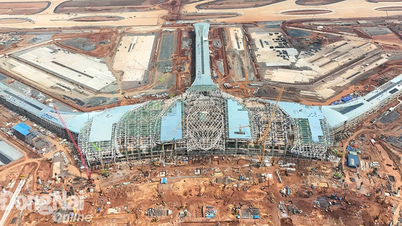
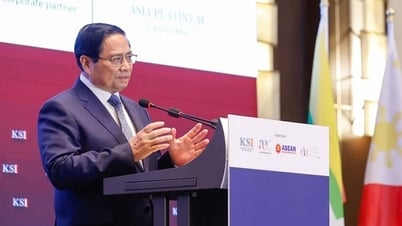



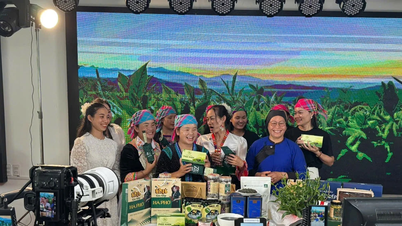







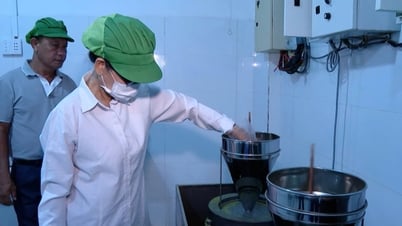

Comment (0)